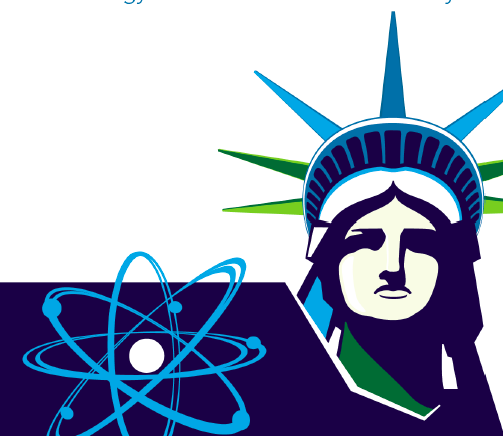ABMax24
Minister of Fire
I guess you missed my point,, "leaving aside the whole topic of climate change" is the point. Resource depletion used to be the issue, aka Peak Oil. The far greater issue is disposing of the waste CO2 from burning carbon before the climate is so degraded that world population starts to plummet. There will be plenty of fossil fuels available long after the climate is past the tipping point. Unless the world stops using them, the remaining human population will not need them. Already large oil majors are writing down their high cost recoverable reserves as even they have seen the writing on the wall that the atmosphere can not absorb the carbon from the current reserves let alone new discoveries.
It is interesting to me that Peak Oil may actually have occurred not due to lack of resource but lack of ability to deal with the waste products.
You can pull whatever information you want to make your point, but atmospheric CO2 levels paint the factual story. With very few exceptions we set records for the amount of CO2 dumped into the atmosphere every year. It took what 65 years to go from 300ppm to 400ppm? My guess is it will take less than 50 years to go from 400ppm to 500ppm. Fossil fuel use on a per capita basis may have gone down slightly from the peak, but the total amount is still increasing.
A major shift is needed to change this, and I don't see it happening. China and India continue to amass wealth and with it the funds to purchase and consume more fossil fuels. Even in Canada and the US there is a significant portion of the population that can't be convinced that climate change is occurring, or is human induced.
I stand by my statement, we may never completely "run out" of fossil fuels, but the cheap to extract ones will be exhausted before alternative energy completely takes over. Even if the western world limits their extraction, Russia, China, the Middle East, and Africa will continue the extraction.



 Thanks
Thanks